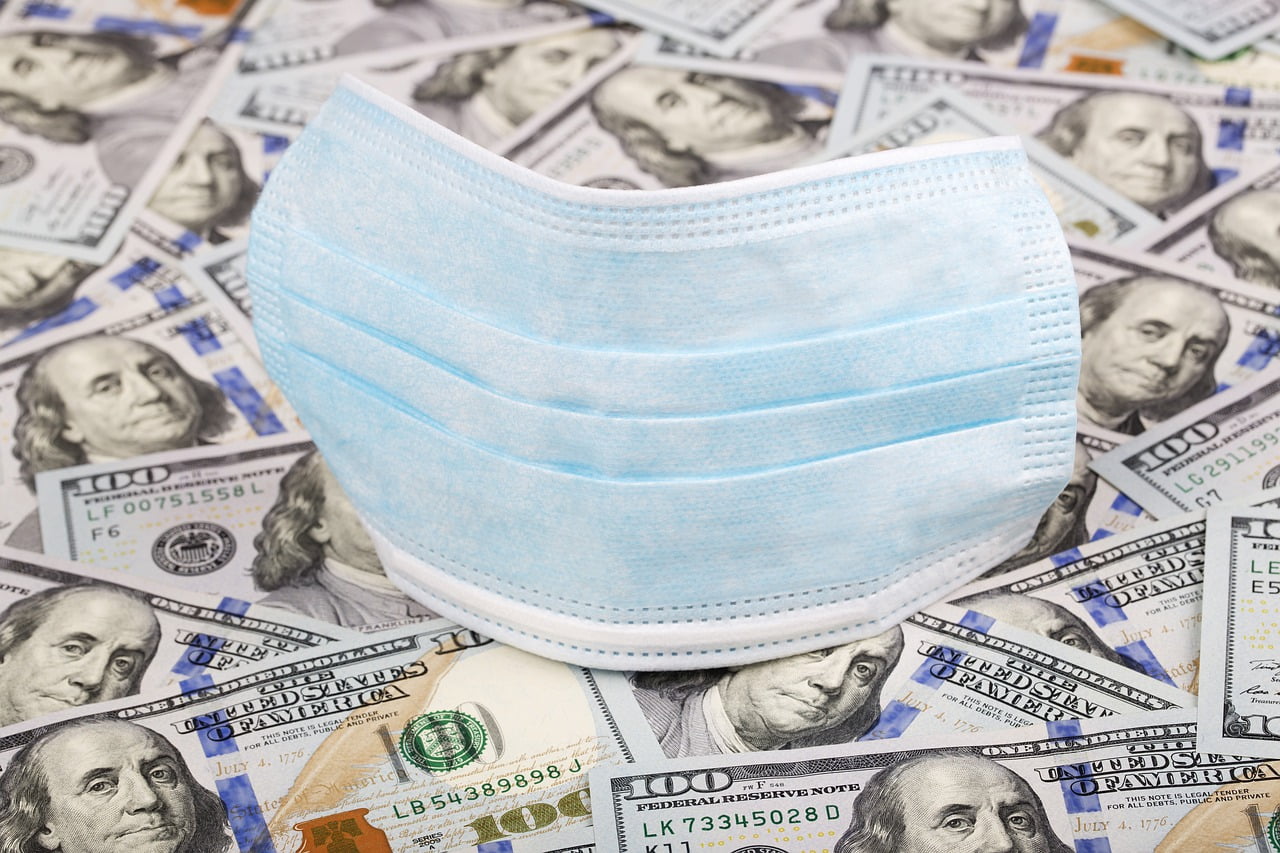Congress approved the third round of stimulus checks in mid-March. Now, after almost three months, the IRS continues to send the stimulus payment to eligible recipients. On Wednesday, the agency announced that it had sent out an additional 2.3 million coronavirus stimulus checks in the latest batch of payments.
Q1 2021 hedge fund letters, conferences and more
In an announcement on Wednesday, the IRS said that it had sent out more than 2.3 million new stimulus checks, amounting to $4.2 billion. Including this latest batch, the IRS has now sent over 169 million payments worth about $395 billion with the third round.
This latest batch of 2.3 million stimulus payments includes over 900,000 payments to those for whom the IRS previously didn’t have any information to deliver the payment. Also, it includes more than 1.1 million "plus-up" payments amounting to over $2.5 billion.
The IRS said that it had distributed more about 8 million "plus-up" payments to date. These "plus-up" payments include new or a bigger payment to individuals and families for whom the IRS processed 2020 tax returns after determining their eligibility for the third round of stimulus checks.
As per the IRS, this latest batch of payments include over 1.2 million direct deposit payments, while the remaining were paper checks. The IRS said that it would continue to send the stimulus payments on a weekly basis.
Further, the agency noted that future payments would include money to those for whom the IRS didn’t have information previously, but such people have filed a return now. The payments would also include plus-up payments.
Still not got the payment? What to do
The American Rescue Plan Act, which was approved in March, authorized payment of up to $1,400 per person, as well as $1,400 per eligible dependent. An individual with an income of up to $75,000 (up to $150,000 for joint filers) would be eligible for the full payment. Those earning up to $80,000 (up to $160,000 for joint filers) would be eligible for a reduced amount.
If you still haven’t got the $1,400 stimulus check or payment from the earlier rounds of up to $1,200 and $600, then you can still claim the money by filing a tax return. After you file your 2020 return, the IRS will be able to assess your eligibility.
Those who missed the payment in the first two rounds need to file a recovery rebate credit. To make it easy for people to claim their missing stimulus checks from the first two rounds, the IRS has added line 30 of Forms 1040 or 1040-SR and a worksheet to the 2020 return.
People who don’t usually file taxes, such as the homeless and rural poor, are being encouraged by the IRS to file taxes this year so as to get stimulus checks. Filing taxes will also help the agency to determine their eligibility for the enhanced child tax credit, which is set to start going out this summer.






